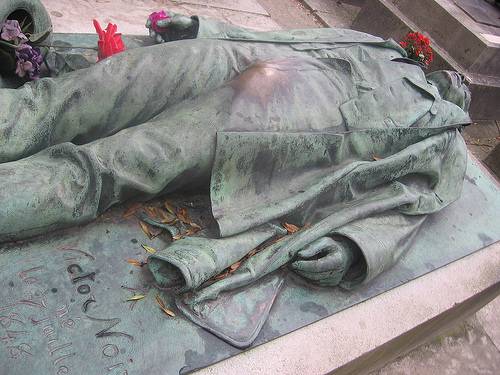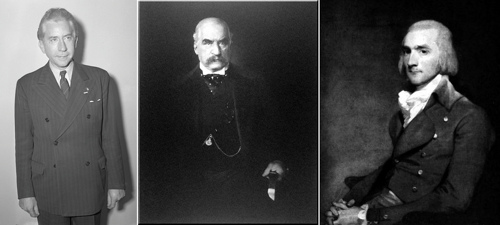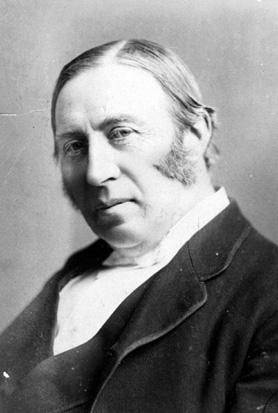The following is said to be an exact translation of the letter sent by a Chinese editor to a would-be contributor whose manuscript he found it necessary to return: ‘Illustrious brother of the sun and moon: Behold thy servant prostrate before thy feet. I kowtow to thee, and beg that of thy graciousness thou mayst grant that I may speak and live. Thy honored manuscript has deigned to cast the light of its august countenance upon us. With raptures we have perused it. By the bones of my ancestors, never have I encountered such wit, such pathos, such lofty thought. With fear and trembling I return the writing. Were I to publish the treasure you sent me, the emperor would order that it should be made the standard and that none be published except such as equaled it. Knowing literature as I do, and that it would be impossible in ten thousand years to equal what you have done, I send your writing back. Ten thousand times I crave your pardon. Behold my head is at your feet. Do what you will. Your servant’s servant. The Editor.’
— The Literary World, March 23, 1895




